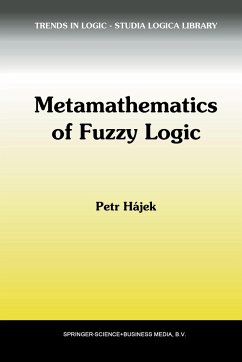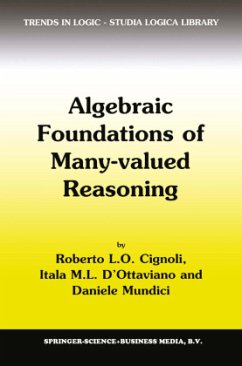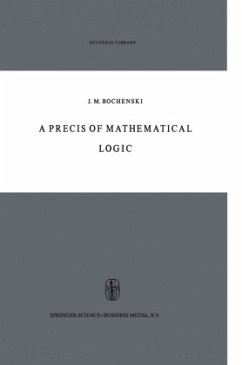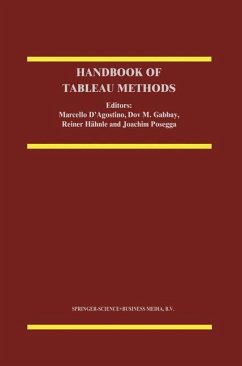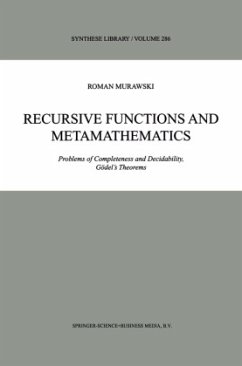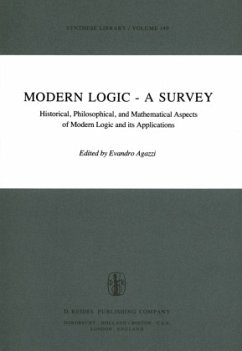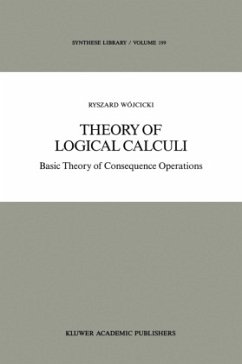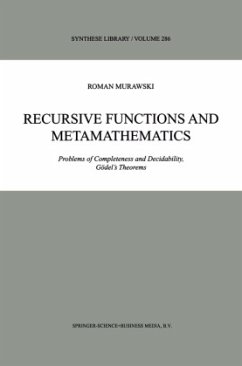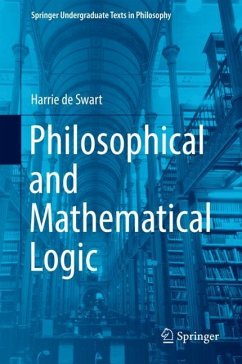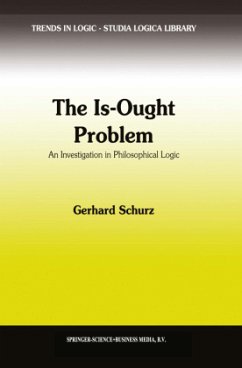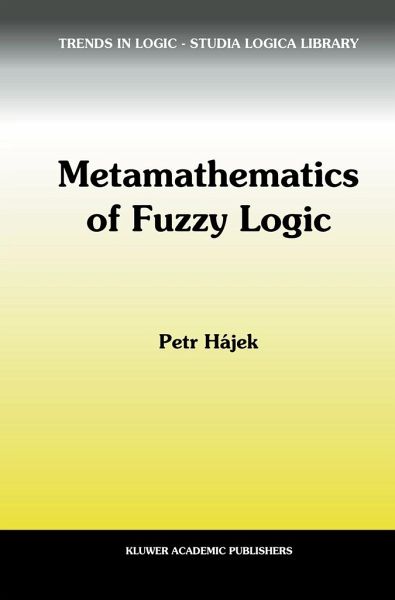
Metamathematics of Fuzzy Logic
Versandkostenfrei!
Versandfertig in 1-2 Wochen
168,99 €
inkl. MwSt.
Weitere Ausgaben:

PAYBACK Punkte
84 °P sammeln!
This book presents a systematic treatment of deductive aspects and structures of fuzzy logic understood as many valued logic sui generis. Some important systems of real-valued propositional and predicate calculus are defined and investigated. The aim is to show that fuzzy logic as a logic of imprecise (vague) propositions does have well-developed formal foundations and that most things usually named `fuzzy inference' can be naturally understood as logical deduction.





